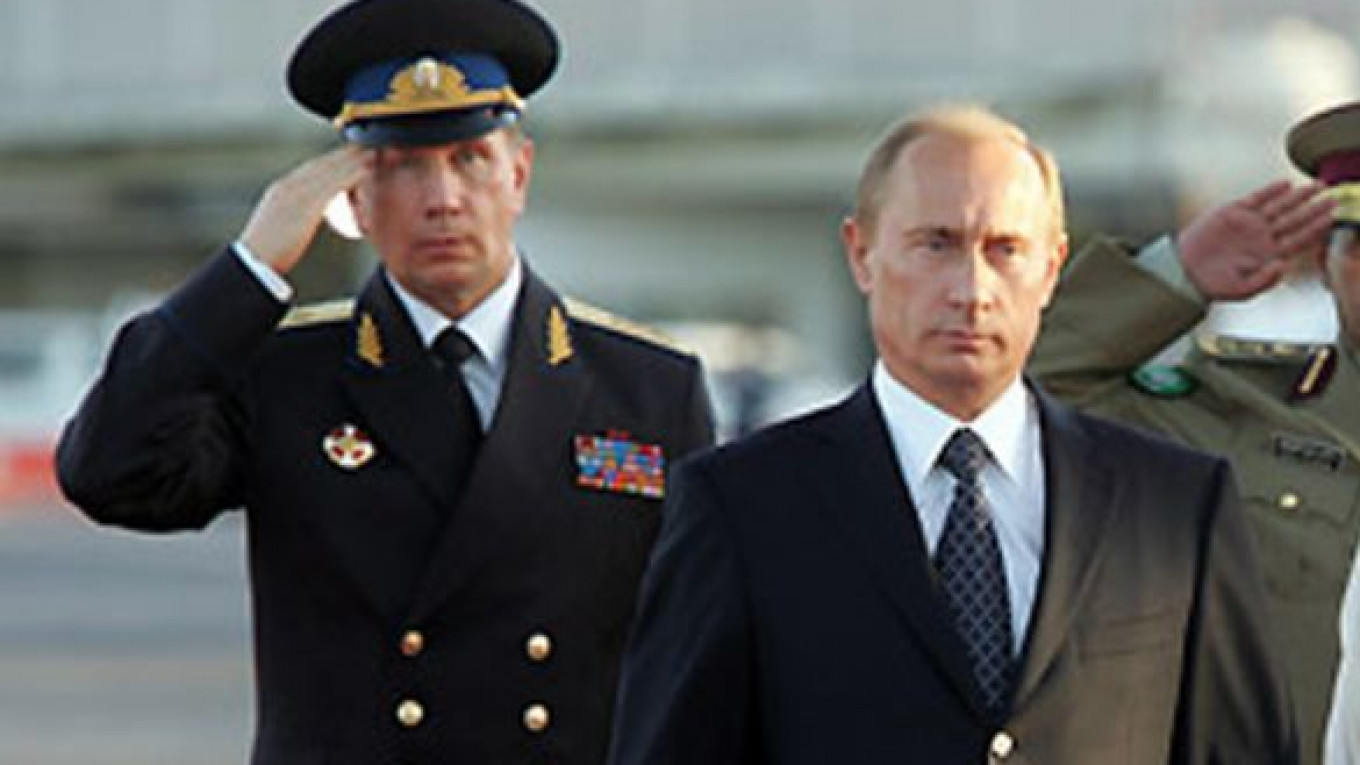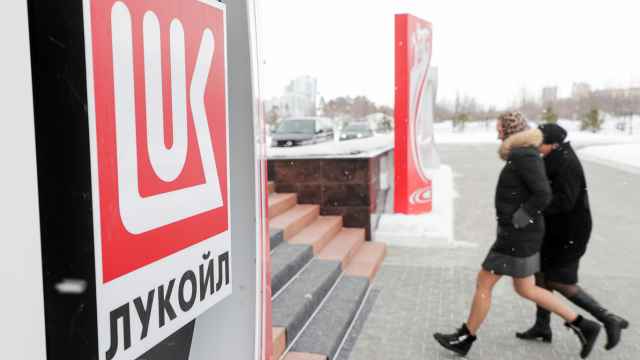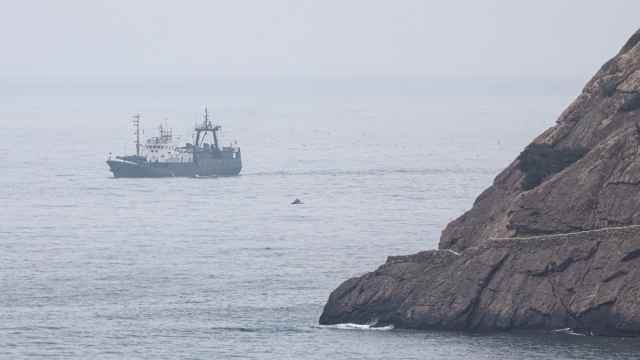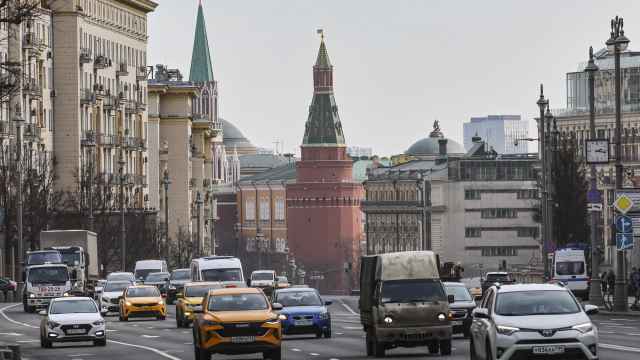The Kremlin security chief's appointment as deputy commander of a much larger paramilitary force points to President Vladimir Putin's fear of renewed mass protests, a U.S. researcher said.
Colonel-General Viktor Zolotov has been trusted with Putin's life for 14 years, having been hired when Putin was Prime Minister back in 1999.
Zolotov got a promotion last month, when Putin named him second-in-command of the Interior Ministry's troops, which number about 170,000 soldiers.
"Zolotov's appointment suggests that the Kremlin is preparing for the possibility of mass protests in the event of a political or economic crisis," said Donald Jensen, a fellow at the Center for Transatlantic Relations at the Johns Hopkins School of Advanced International Studies.
Zolotov could later assume full command of the Interior Ministry forces, which is now the responsibility of General Nikolai Rogozhkin, Jensen said in his research article named "Putin's 'Praetorian Guard,'" which was released in New York on Thursday. The researcher described Rogozhkin as having "weaker" personal ties to Putin and being a subject of "criticism as a result of corruption in the ranks."
Jensen said Zolotov is a former bodyguard of St. Petersburg Mayor Anatoly Sobchak in the early 1990s. In that capacity, he first met then-deputy St. Petersburg mayor Putin and became his sparring partner in boxing and judo.
A Message from The Moscow Times:
Dear readers,
We are facing unprecedented challenges. Russia's Prosecutor General's Office has designated The Moscow Times as an "undesirable" organization, criminalizing our work and putting our staff at risk of prosecution. This follows our earlier unjust labeling as a "foreign agent."
These actions are direct attempts to silence independent journalism in Russia. The authorities claim our work "discredits the decisions of the Russian leadership." We see things differently: we strive to provide accurate, unbiased reporting on Russia.
We, the journalists of The Moscow Times, refuse to be silenced. But to continue our work, we need your help.
Your support, no matter how small, makes a world of difference. If you can, please support us monthly starting from just $2. It's quick to set up, and every contribution makes a significant impact.
By supporting The Moscow Times, you're defending open, independent journalism in the face of repression. Thank you for standing with us.
Remind me later.






